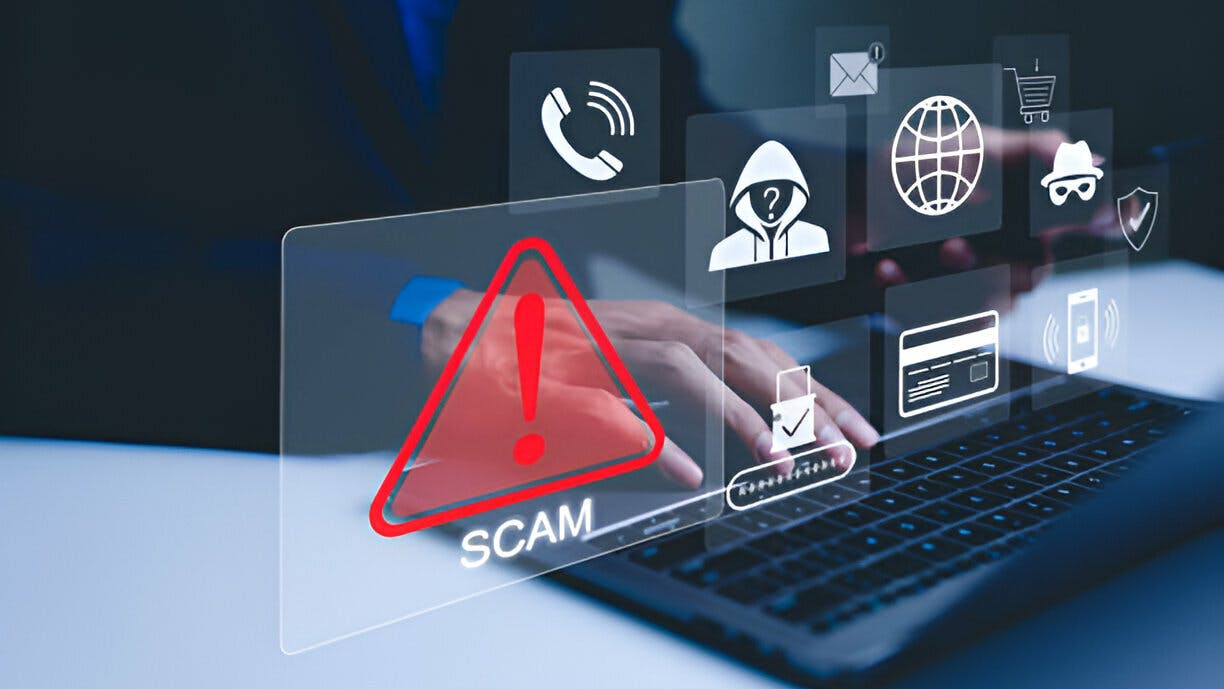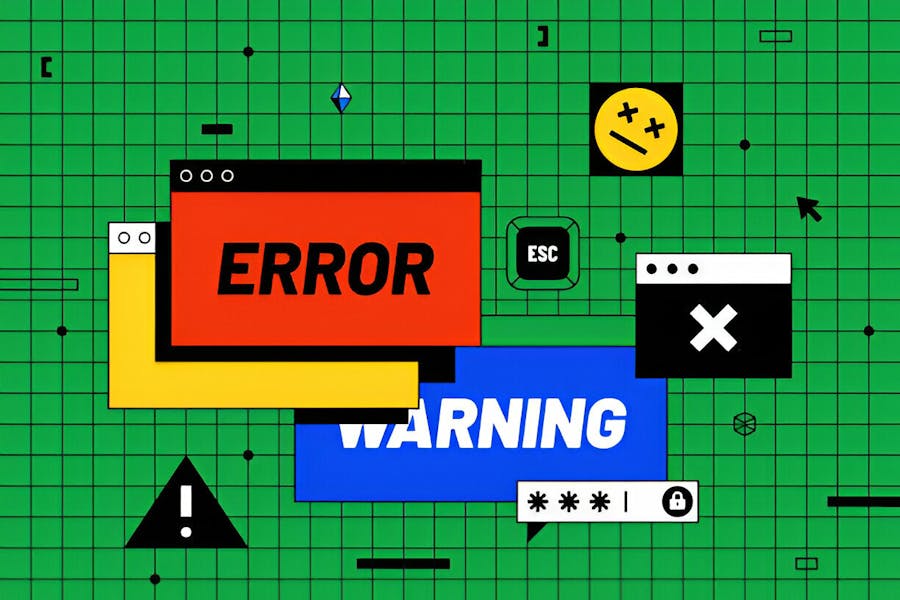Tech Scams in 2025: Latest Cyber Threats & How to Protect Yourself

Tech scams are becoming more sophisticated each year, and 2025 is no exception. Cybercriminals are leveraging AI, deepfakes, and advanced phishing tactics to trick individuals and businesses. Here’s a breakdown of the most common tech scams in 2025 and how you can protect yourself.
1. AI-Powered Phishing Attacks
Phishing scams are no longer just poorly written emails from “princes” offering wealth. Cybercriminals now use AI to craft highly convincing emails, texts, and even voice messages that mimic real individuals or companies.
How to Avoid It:
- Always verify the sender’s email address and check for subtle misspellings.
- Enable multi-factor authentication (MFA) for important accounts.
- Never click on suspicious links or download unexpected attachments.
2. Deepfake Scams
Deepfake technology has advanced to the point where scammers can clone voices and create realistic video impersonations. Business email compromise (BEC) scams are evolving into voice phishing and video deepfake fraud, where hackers impersonate CEOs or financial officers to authorize fake transactions.
How to Avoid It:
- Use safe words or internal verification procedures for financial transactions.
- Require confirmation via multiple channels before processing large transactions.
- Be skeptical of any urgent requests, even if they seem to come from a trusted source.
3. Fake Tech Support Scams
Scammers posing as representatives from Microsoft, Apple, or other major tech companies claim your computer is infected with malware. They request remote access to “fix” the problem, only to install ransomware or steal personal information.
How to Avoid It:
- Tech companies will never contact you unsolicited. If you get a call or email, assume it’s a scam.
- Never grant remote access to your device unless you initiated the request from a trusted provider.
- If unsure, contact the company directly via their official website.
4. QR Code Phishing (Quishing)
With QR codes being widely used for payments and logins, scammers now create fake codes leading to malicious websites that steal credentials or install malware.
How to Avoid It:
- Inspect QR codes before scanning, especially in public places.
- Use your phone’s built-in security features to preview the URL before opening.
- Avoid scanning codes from unknown emails or texts.
5. Cryptocurrency & Investment Scams
Scammers continue to exploit the hype around cryptocurrency, NFTs, and online investments. Ponzi schemes, fake token launches, and “pump-and-dump” scams lure victims with promises of massive returns.
How to Avoid It:
- If it sounds too good to be true, it probably is.
- Verify investment opportunities through reputable sources.
- Avoid sending crypto payments to unknown parties—transactions are irreversible.
6. Fake Job Scams
Scammers post fake job listings to steal personal information, request upfront payments for training, or trick people into money laundering schemes (e.g., reshipping fraud or fake check deposits).
How to Avoid It:
- Research the company before applying and check for official job postings on their website.
- Never pay money upfront for a job offer.
- Be wary of job listings that require handling financial transactions on behalf of someone else.
7. Ransomware-as-a-Service (RaaS)
Cybercriminals are now selling ransomware kits on the dark web, making it easier for low-level hackers to launch attacks. Businesses and individuals are being targeted with ransomware that locks files until a ransom is paid.
How to Avoid It:
- Regularly back up your data to an offline or secure cloud storage.
- Keep software and operating systems updated.
- Use strong, unique passwords and implement security solutions like endpoint protection.
Final Thoughts
As technology evolves, so do scams. Awareness is the best defense against cyber threats. By staying informed and practicing good cybersecurity habits, you can protect yourself and your business from becoming a victim.
Want to up your security?
Check if there are any sneaky viruses running in the background. Protect yourself from these threats by taking proactive steps today. Contact us for expert advice and personalized cybersecurity solutions.




